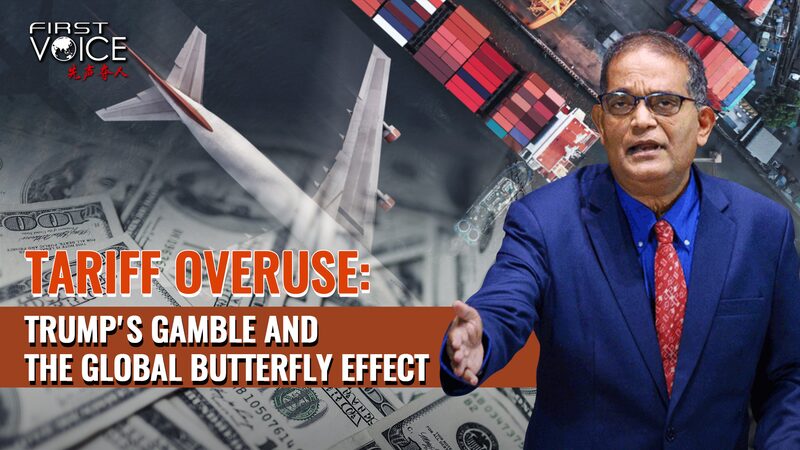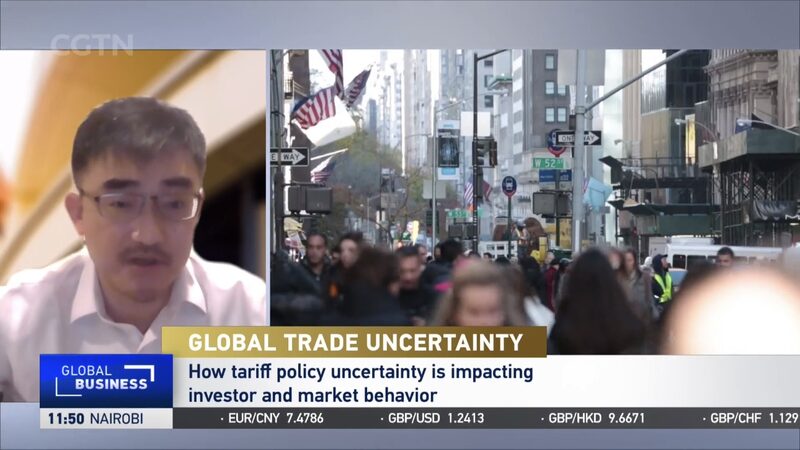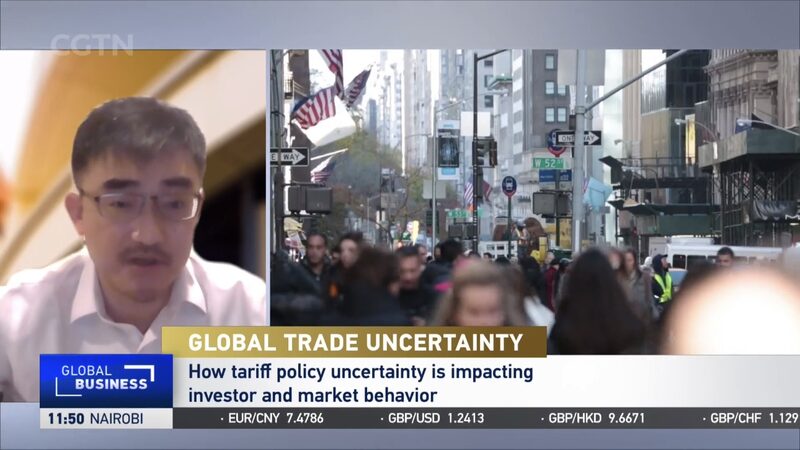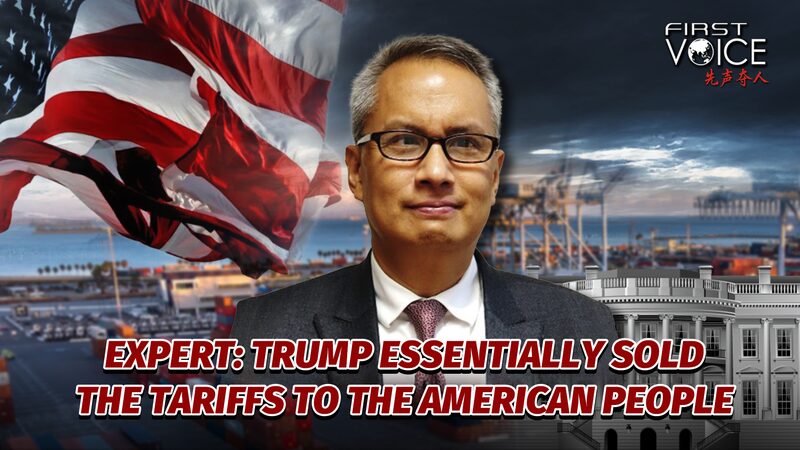Economist Jeffrey Sachs has raised significant concerns regarding the U.S. government's recent imposition of a 10 percent tariff on China, which took effect on February 4 under President Donald Trump's administration. Sachs described this move as \"a misguided, detrimental aspect of U.S. statecraft,\" emphasizing that such protectionist measures could be harmful not only to the United States but also to the global economy.
Drawing parallels to the historic Smoot-Hawley Tariff Act of the 1930s, Sachs warned that high tariffs could lead to a cascade of protectionism worldwide, resulting in the collapse of global trade and peaceful international relations. He stated, \"Protectionist economies do not thrive and lose their competitive edge,\" highlighting the potential long-term negative impacts of such policies.
Despite his criticisms, Sachs acknowledged that China's rapid economic development has been beneficial for the U.S., fueling growth in various industries and contributing to the digital revolution. He noted that \"China's rapid development has been a boon for the U.S., fueling the growth of industries and the digital revolution,\" and that it has made many people and industries in the U.S. wealthy.
Addressing the political motivations behind the protectionist sentiment, Sachs pointed out that efforts to secure votes in swing states have contributed to the rise of anti-trade rhetoric. However, he remains hopeful that policymakers will eventually recognize the underlying economic realities and move away from protectionist policies.
Looking beyond the United States, Sachs urged other countries, particularly in Europe, to maintain open trade relationships with China instead of following the U.S. into protectionism. He warned that abandoning the open trade system could result in China becoming the primary low-cost provider of key technologies globally.
Sachs' insights serve as a crucial reminder of the risks associated with protectionism and the importance of fostering mutually beneficial economic partnerships to ensure global prosperity and stability.
Reference(s):
cgtn.com




